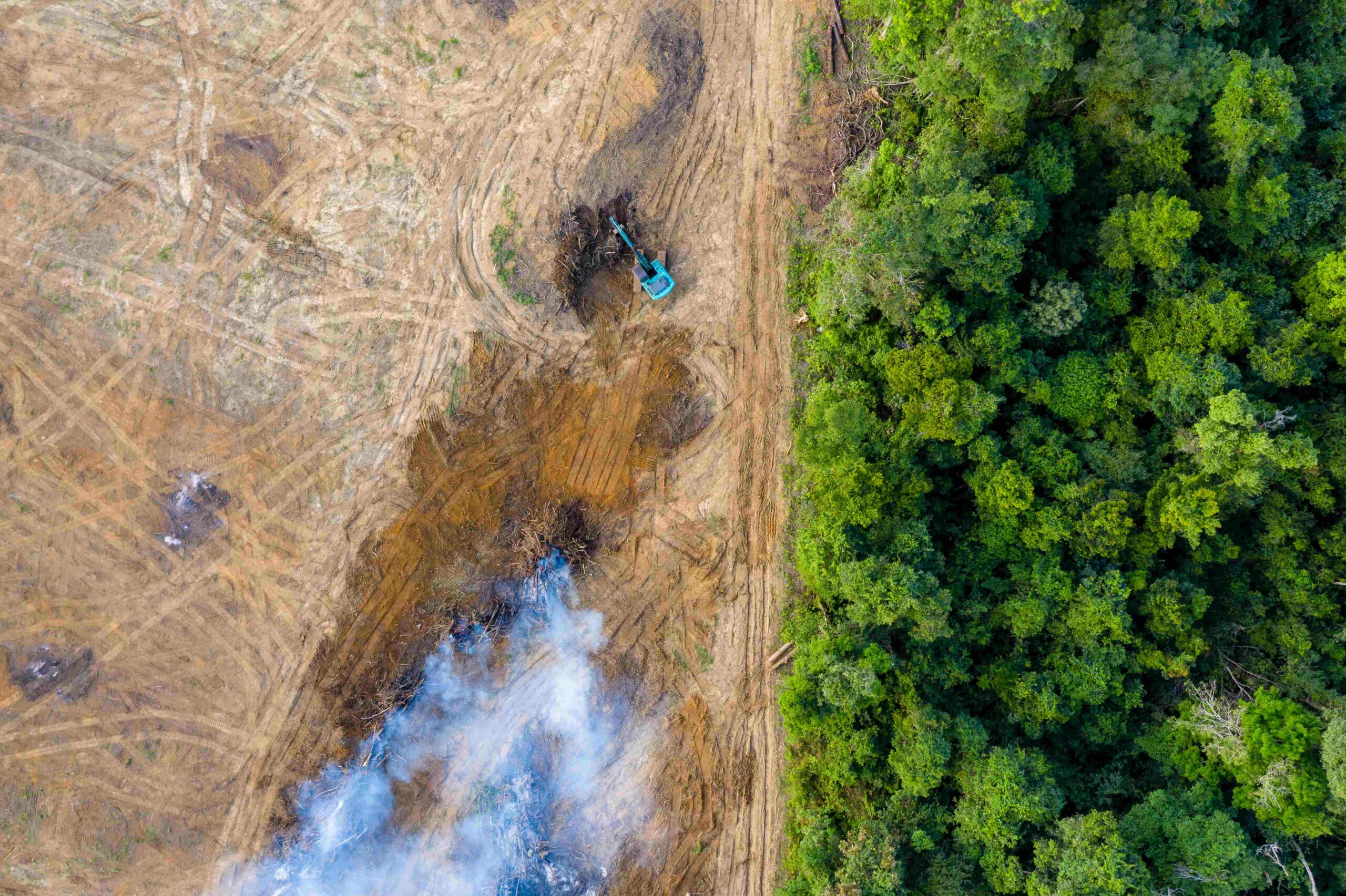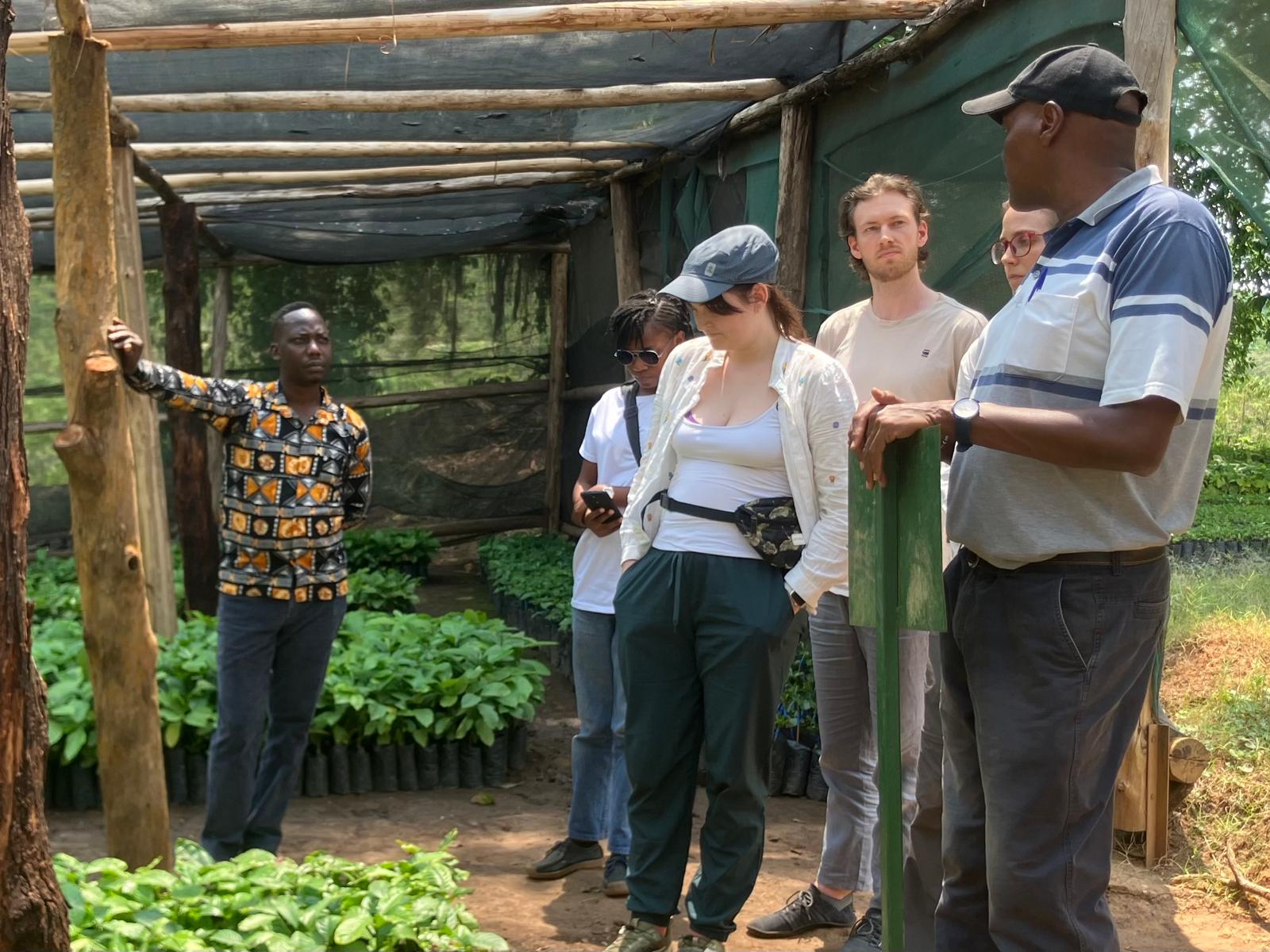New EUDR Guidance by European Commission
In April 2025, the European Commission released new guidance documents and FAQs to support the implementation of the EU Regulation on Deforestation-Free Products (EUDR). These updates are crucial for operators, traders, and Member States preparing for the regulation’s full application by the end of the year.
As part of the European Union’s broader efforts to combat climate change and biodiversity loss, the EUDR targets forest-risk commodities (FRCs), such as soy, palm oil, beef, and coffee, to ensure that goods entering or leaving the EU are not linked to deforestation or forest degradation.
You can find the new guidance documents here:
What’s New in the EUDR Guidance?
The updated guidance document and FAQs provide concrete tools for companies and authorities to simplify compliance and harmonise enforcement across the EU. Highlights include:
- Reuse of Due Diligence Statements (DDS): Large companies can reuse previous DDSs when reimporting goods already assessed for compliance.
- Authorised Representatives: A representative can now file DDSs on behalf of multiple entities within a corporate group.
- Annual Submissions: Businesses may now submit DDSs annually rather than for each shipment, reducing administrative burdens.
- Simplified Due Diligence Confirmation: Downstream companies may fulfil obligations by referencing DDS numbers from their suppliers, streamlining documentation processes.
These simplifications reflect direct input from EU Member States, partner countries, and industry stakeholders, strengthening regulatory clarity and operability.
Why this matters for businesses and supply chains
The updated EUDR guidance aligns with the EU Green Deal and supports businesses in their transition toward deforestation-free supply chains. Key implications include:
- Enhanced traceability requirements for supply chains dealing with forest-risk commodities.
- Reduced compliance costs for large operators and traders through streamlined administrative processes.
- Strengthened cooperation across the EU for uniform implementation, which is critical to avoiding market distortions.
These measures are particularly relevant for businesses working internationally, as they clarify responsibilities and offer predictable pathways to legal compliance under EUDR.
EMMA4EU
The EMMA4EU project continues to address the skills gap that this regulation highlights. We have identified key training needs for students and professionals across Europe and developed a specialised training programme, empowering the next generation of supply chain professionals to lead the transition toward deforestation-free and sustainable sourcing systems. In parallel, EMMA4EU partners have analysed 43 case studies and developed the Innovation Report on Deforestation-Free Supply Chains, which offers both scientific and practical guidance for EUDR implementation. The report focuses on three pillars—compliance, technology, and corporate social responsibility—by assessing current practices and exploring innovative solutions.




